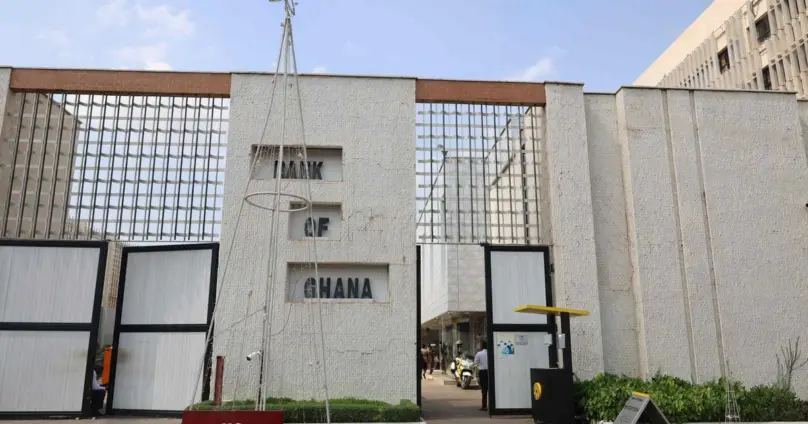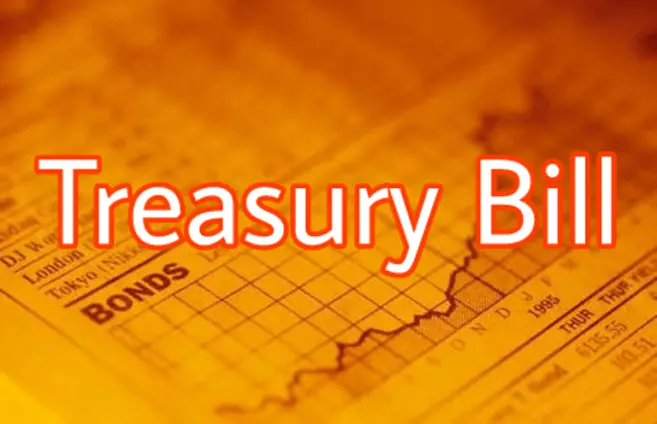The financial landscape in Ghana is undergoing a notable shift. As of 2025, Treasury bill yields are experiencing a decline, a consequence of deliberate fiscal strategies aimed at alleviating government borrowing costs. This reduction, while beneficial for the nation’s debt management, is prompting investors to reassess their portfolios and seek higher-yielding alternative investments in Ghana. This movement signals a potential reallocation of capital away from the T-bill market, requiring careful consideration of new opportunities. According to Nelson Cudjoe Kuagbedzi, Head of Finance at Merban Capital, several compelling alternative investments in Ghana are emerging as attractive options for discerning investors.
This article explores the reasons behind the falling T-bill yields and delves into the array of investment alternatives that Ghanaian investors might consider in this evolving economic environment.
The Government of Ghana has been actively working to reduce its borrowing costs through disciplined fiscal management and improved governance. These efforts include introducing interest-saving measures designed to minimize future refinancing costs. As a result, the yield on the 91-day T-bill, a benchmark for short-term interest rates, decreased from 15.65% to 15.23% between April and May 2025. Similarly, the 182-day bill experienced a 72 basis point drop, settling at 15.78%. This trend indicates a concerted effort to bring down the cost of borrowing, influencing investment strategies across the market.
The compression of T-bill yields is having a tangible impact on market dynamics. Recent T-bill auctions have seen undersubscriptions, indicating a degree of capital flight as investors seek more lucrative opportunities. Many are reallocating their capital to asset classes perceived to offer better returns, such as equities, corporate bonds, and structured instruments. Some investors are even converting their cedi holdings into U.S. dollars as a hedge against potential cedi depreciation. This shift underscores a growing caution among investors, driven by compressing yields and a backdrop of mixed macroeconomic indicators.
The relationship between T-bill rates and the performance of the Ghana Cedi (USDGHS) is closely watched. In early 2025, the Cedi experienced a depreciation of 5.04%, but it later stabilized. Several factors contributed to this stabilization, including a softening of the U.S. dollar, strategic forex auctions conducted by the Bank of Ghana (BoG), and improvements in the country’s Gross International Reserves. However, concerns persist about investors converting Cedis to USD in anticipation of further depreciation.
According to Nelson Cudjoe Kuagbedzi of Merban Capital, “If inflationary pressures persist or global economic shocks intensify, these speculative actions could accelerate and threaten the Cedi’s stability in the months ahead.”
Considering these market forces, what alternative investments in Ghana are available?
Investing in The Ghana Stock Exchange (GSE)
The Ghana Stock Exchange emerged as a top performer among African equity markets in April 2025, delivering a 7.59% return in USD terms. Key drivers of this performance included Ecobank Transnational Inc. (ETI), Clydestone, and SIC Insurance. However, limited market liquidity remains a challenge for investors seeking to deploy significant capital.
Exploring Listed Corporate Bonds
Ghana’s corporate bond market has experienced significant growth since 2014, further catalyzed by the establishment of the Ghana Fixed Income Market (GFIM) in 2015. The success of Kasapreko’s GHS 600 million Note issuance highlights the increasing sophistication and attractiveness of this market. Corporate bonds typically offer higher returns than treasury securities, often providing a risk premium of 3-5% above the prevailing treasury bill rate. Enhanced regulatory oversight and the increasing presence of credit rating agencies are further bolstering investor confidence in this asset class.
Understanding Real Estate Investment Trusts (REITs)
Ghana’s real estate industry is one of the most vibrant in West Africa. Real Estate Investment Trusts (REITs) offer a liquid and accessible pathway to participate in the potential returns of this sector. REITs function by pooling investor funds to invest in a portfolio of income-generating properties. Examples of REITs operating in Ghana include Republic REIT and Sentinel REIT. REITs can also serve as a hedge against currency depreciation, as real estate values often maintain their value relative to hard currencies.
Considering Gold as a Store of Value
Gold has long been recognized as a reliable store of value, particularly during periods of economic uncertainty. The Bank of Ghana Gold Coin presents a compelling investment opportunity for Ghanaian investors. These coins are available at leading commercial banks, such as ABSA, in fractional sizes (1 oz, 0.5 oz, 0.25 oz). Since its introduction in November 2024, the gold coin has delivered an average return of 17.7% in cedi terms.
Other Potential Assets
Other potential alternative investments in Ghana include mutual funds that invest in dollarized assets and fixed deposits offered by various banks. Diversification remains key to mitigating risk in any investment strategy.
In conclusion, the falling T-bill yields in Ghana are indeed prompting investors to explore alternative investments. The options available range from the Ghana Stock Exchange to corporate bonds, REITs, and gold. Nelson Cudjoe Kuagbedzi, Head of Finance at Merban Capital, advises investors to carefully consider all available options and to diversify their portfolios. Consulting with a qualified financial advisor is crucial for making informed investment decisions in the current economic climate.
For professional investment advice tailored to your specific needs, contact Merban Capital today.
Image Source: MYJOYONLINE





















